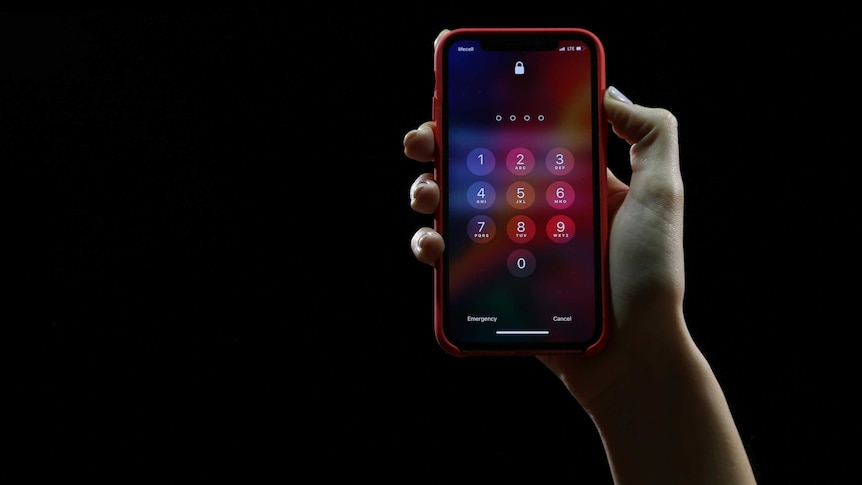Migadu is a decent option if you don’t want to self-host.
- 5 Posts
- 43 Comments

 3·6 months ago
3·6 months agoI’d suggest 35,000 low-earth-orbit satellites but Elon is already working on that.
It’s no use. “VPN” means gateway/MITM service, just like “crypto” means digital tulip mania.
Today’s episode brought to you by our friends CoinSkank™ and EchelonVPN.

 2·7 months ago
2·7 months agoAh, easy then: lower the drinking age from 18 to 16.
The article does not explain the primary design purpose of a VPN – providing an encrypted tunnel into or between two private subnets.
For example, your home subnet is typically all 192.168.nnn.nnn addresses – a class of addresses which the wider internet does not route, and which your router/modem does not allow the wider internet to access unless explicitly permitted.
Say you have a NAS on your home network, and you want to access it from your laptop while at a cafe; you could set up a VPN between your laptop and your home router, and it can make your home network appear as your local network to your laptop, giving you access to your NAS.
Or between two office locations of a business – their database servers, accounting systems, printers, etc can all be freely accessible between offices without being exposed to the wider internet.

 4·8 months ago
4·8 months agoThat rules it out for me then. I like to use XMPP+OMEMO with about 4-5 clients which I can continue a conversation with at any time. Main mobile, tablet, desktop, other desktop, and backup mobile which is usually switched off. (Even if a device has been missing for too long and run out of OMEMO keys, the keys sync up again once I send a message with it.)
You have to trust the servers with your metadata, and that the servers have their inter-server communication locked down, but at least you can choose/operate servers.
Some clients are a bit flaky with their e2e encryption defaults or from a UI perspective it is easy to send an unencrypted message (in a new chat for example) before noticing that was how it was set.
There are a few XEPs the server needs which enable things like OMEMO, efficient mobile data/battery use, offline and multiple device deliverability, file transfers, etc. Audio/video calling has various requirements as I think xmpp only facilitates the setup of the call.
XMPP lacks good clients and suffers from fragmentation of protocol standards implementation
- For Android: Conversations is excellent, also on F-Droid if you don’t want to use the Google store.
- For iOS/MacOS: Siskin or iOS/MacOS: Monal.
- For Linux/Windows: Gajim or Linux: Dino.
“Protocol fragmentation” is not a valid complaint about XMPP – it’s like complaining that ActivityPub is fragmented; but that’s not a problem: you use the services (Mastodon, Lemmy, Kbin, etc) built with it which suit your needs, mostly interacting with that sector of the federation (eg, Lemmy+Kbin), but get a little interoperability with other sectors as a bonus (eg, Lemmy+Mastodon).

 5·9 months ago
5·9 months ago🤔

 2·10 months ago
2·10 months agodeleted by creator

 5·10 months ago
5·10 months agoMost
people1, even in this very thread, clearly don’t […]- Signal shill-bot personas.

 1·10 months ago
1·10 months agodeleted by creator

 1·10 months ago
1·10 months agodeleted by creator

 1·10 months ago
1·10 months agodeleted by creator

 1·10 months ago
1·10 months agoWhat are your tips on glasses? I choose standard uncoated lenses nowdays after finding that anti-reflective/anti-scratch coatings often scratched easily or had an optically-rippled surface, but maybe things have improved?

 2·10 months ago
2·10 months agoIf that’s the main problem then that’s easy to solve! Simply use a free public xmpp server.
I mention the self- and paid-hosting options because businesses tend to like having a sevice agreement backed by a contract, and may have additional specialised requirements not provided by free services (xmpp or otherwise).

 5·10 months ago
5·10 months agoXMPP. A business can self-host, there are public servers, or there are many businesses which offer customised xmpp hosting as a service.
I can be federated with other xmpp servers or be a locked-down work-only service, or federate with chosen other servers (such as a client company’s xmpp servers).
An excellent discrete maths textbook for those missing the inclusion of the subject in the course: Discrete Mathematics - An Open Introduction, 3rd edition by Oscar Levin






LoL, blue shirt has no persistence. Anger and giving up gets you nowhere.
![XKCD #349 - "Success": [Four full-width panels arranged vertically, each with a label for number of hours elapsed, with a title above the stack of panels.]; Title: As a project wears on, standards for success slip lower and lower.; [Megan is standing behind Cueball, watching him as he sits at a desk working on a desktop computer on the desk.]; Label: 0 hours; Cueball: Okay, I should be able to dual-boot BSD soon.; [Cueball is on the floor fiddling with the open tower in front of him. Megan is not shown in the panel, but may be off-panel unless Cueball is talking to himself.]; Label: 6 hours; Cueball: I'll be happy if I can get the system working like it was when I started.; [Cueball is standing in front of the computer, which now has a laptop plugged into the tower. Megan is still not shown in the panel, but may be off-panel again.]; Label: 10 hours; Cueball: Well, the desktop's a lost cause, but I think I can fix the problems the laptop's developed.; [Cueball and Megan are swimming in the sea; an island and a beach can be seen in the distance.]; Label: 24 hours; Cueball: If we're lucky, the sharks will stay away until we reach shallow water.; Megan: If we make it back alive, you're never upgrading anything again.](https://lemmy.ml/api/v3/image_proxy?url=https%3A%2F%2Fimgs.xkcd.com%2Fcomics%2Fsuccess.png)
Title text:
40% of OpenBSD installs lead to shark attacks. It’s their only standing security issue.